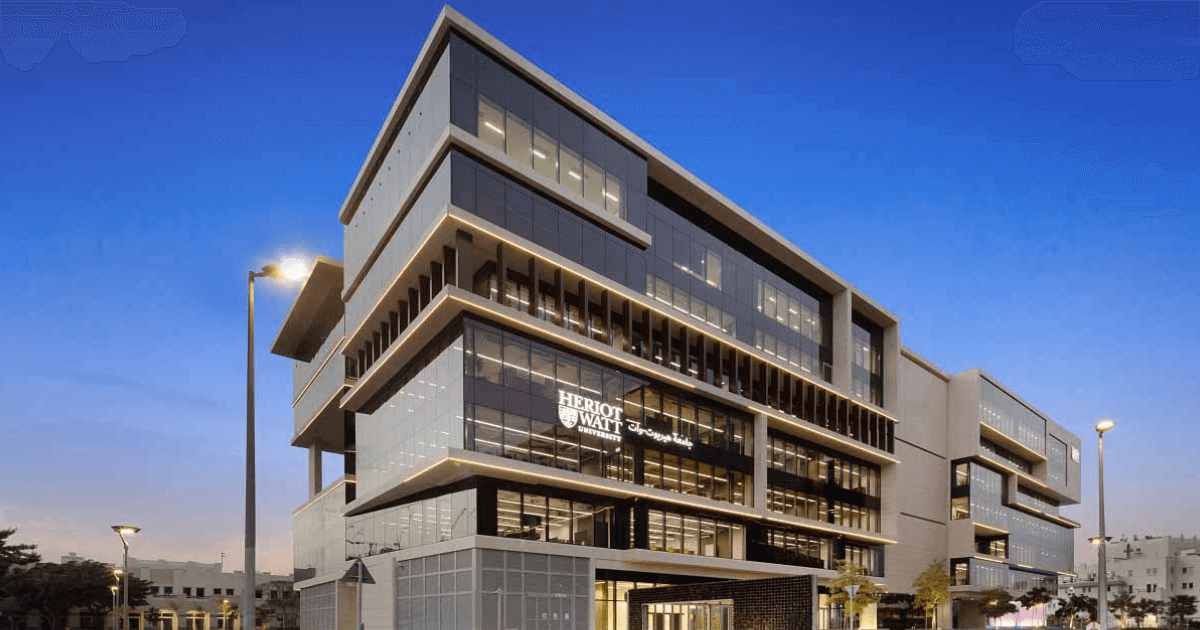heriot watt design managementHeriot-Watt Design Management – Design is currently one of the most in-demand careers as user experience becomes vital to industry survival. It is not only behind the applications and websites we use. It is also embedded in the design of the cars we drive. Even our grocery shopping experience is influenced by it.Like many fields, design has been revolutionized by technology and witnessed an addition of new job titles. The increased demand for well-roundedness and transferable skills is a trend that encompasses almost all fields of work.

Inevitably, education must reflect current industry trends. As technical and soft skills become increasingly important, educators must provide students with hands-on experiences to help them determine their preferred field of study. Rajinder Sharma, Associate Professor and Head of the Degree Entry Programmes (DEP) at Heriot-Watt University Dubai, outlines how Degree Entry Programmes (DEP) at the University can provide students with a foundation pathway into undergraduate studies within Design.
Heriot Watt’s Design Management Degree is an entry-level programme in design. This foundation program is thoughtfully developed to equip students with essential design skills and opportunities. It enables them to work on creative projects, participate in industry collaborations and competitions, and prepare design exhibitions. The program also aims to build a strong foundation in IT, research, writing skills, and assessment and examination techniques. The program recognizes that problem-solving, planning, and communication are highly valued in the job market, so it emphasizes developing these soft skills through end-to-end projects. Over the past year, student enrollment in the university’s DEP program in Design has increased by 200%.
The focus of the heriot Watt Design Management program
The program offers students a variety of design experiences. It allows them to develop projects fully, from initial ideas to final products. One example of a student project involved creating a model inspired by Bauhaus furniture. This model demonstrated a comfortable and safe work environment. Bauhaus is a school of design and architecture focused on using materials in their most natural and honest form. Students worked on a series of images, sketches, final drawings, and models of their design ideas.
Our program focuses on giving students opportunities for hands-on projects. It emphasizes end-to-end project execution. This approach aims to enhance their readiness for the workforce.
Our Degree Entry program also focuses on familiarizing students with contemporary designers to enrich their knowledge and inspire creativity. For example, students drew inspiration from two contemporary designers, Takashi Murakami and Kasama. They applied the artists’ abstract designs onto shoes and set up an exhibition to showcase their creations. This project enabled students to understand the overall process of commercial designing from conceptualisation to prototyping and presentation.
Overall, Heriot-Watt University Dubai proactively works to leverage current market trends into the University’s degrees and programmes to ensure students are not only well-prepared for the job market but can stand out and produce original ideas. If you are looking to pursue a Heriot-Watt design management course, then reach out to SecureMyscholarship for a hassle-free application and admission process.




